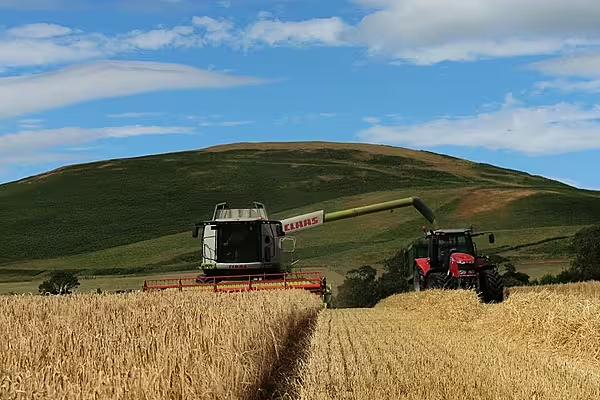Snacking company Pladis UK & Ireland has announced that it plans to extend its 'Back to Farm' scheme to a new group of wheat growers in the south of England.
Under the scheme, the makers of McVitie’s and Carr’s sources biscuit wheat from more than 216 farms in Northumberland and East Anglia.
Richard Plant, agriculture and ingredients lead at Pladis said, “Ever since McVitie’s started baking biscuits in 1830, our bakers have relied on a dependable source of top quality biscuit wheat and our Back to Farm scheme has helped maintain the high quality needed to bake the nation’s best-loved biscuits."
The scheme is a part of Pladis UK&I’s commitment to use 100% British wheat and implement its sustainability programme.
A Break From Tradition
Manufacturers in the UK source wheat from flour millers, whereas Pladis UK&I relies on farms or grain co-operatives.
With demand exceeding 270,000 tonnes of biscuit wheat a year, the scheme has boosted the demand for 'Group 3' wheat, which had declined in popularity with the growers.
The chairman of UK-based grain co-operative, Coastal Grains, Gary Grahamslaw said that the scheme has “positively influenced” the farmers’ decision to plant Group 3 soft wheats.
“Firstly, we have the confidence we’re growing a specific product to meet a valued customer’s needs, rather than risky speculation in an uncertain market; secondly, the guaranteed market for the crop produced with a minimum premium brings a level of stability to the farm business plan; and finally, knowing that the crop is part of the supply chain that will be used to produce a specific recognised branded product creates a sense of pride for the farmers," Grahamslaw added.
Biodiversity And Sustainability
The Back to Farm scheme, launched in 2015, has brought farmers and the company closer by improving key supplier relationships.
“We truly recognise the value it brings to farmers. They don’t normally receive the personal relationship that we offer through our Back to Farm scheme. Farmers like to know they are supplying to one of Britain’s most iconic household brands. They rightly feel proud about that,” Plant added.
The scheme has also resulted in encouraging farmers in Northumberland to work towards developing a bespoke responsible wheat cultivation programme, focussed on biodiversity, soil health and recycling of plastics.
Farmers registered with the scheme now supply more than 40% of the wheat Pladis needs, and the company aims to raise this figure to around 70% by the end of 2019.
© 2018 European Supermarket Magazine – your source for the latest retail news. Article by Dayeeta Das. Click subscribe to sign up to ESM: The European Supermarket Magazine.














